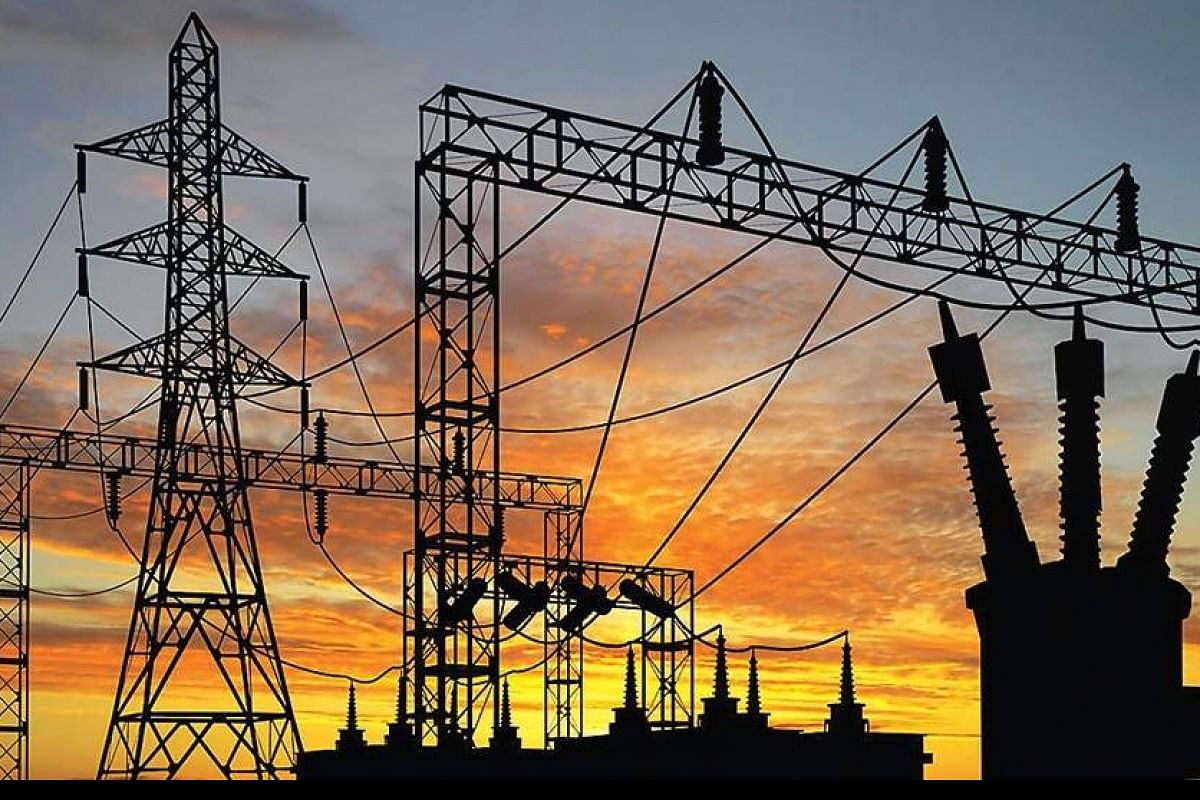ABUJA, Nigeria (VOICE OF NAIJA)-
The key findings were unveiled on Thursday in Abuja as part of the 2025 Nigeria Country Focus Report (CFR), with the AfDB issuing a statement on Saturday highlighting its central message.
The report, titled “Making Nigeria’s Capital Work Better for Its Development,” sets out policy recommendations aimed at bridging Nigeria’s $31.5 billion annual financing gap and fast-tracking its economic transformation.
AfDB’s Country Manager for Nigeria, Lamin Barrow, emphasized the need for smarter use of the country’s capital its people, money, and resources.
“Nigeria’s capital, its money, its people, and its natural resources can and must work harder and smarter for national development. This report offers a roadmap to unlock that potential through fiscal reforms, governance improvements, and innovative financing,” he said.
The report paints a stark picture of Nigeria’s human capital development, noting a Human Capital Index score of just 36 per cent well below the Sub-Saharan Africa average.
“Underinvestment in health and education is limiting productivity,” the report states. Barrow further noted that, “Current public spending 7.9 per cent for education and 5.3 per cent for health is too low for a country with a young and rapidly growing population.”
The report identifies Nigeria’s low tax-to-GDP ratio currently 13 per cent as a significant barrier to financing development.
AfDB Grants $500 Million Loan To Nigeria
“Despite recent reforms, revenue mobilisation is hindered by a large informal sector, weak compliance, and institutional inefficiencies,” it noted.
Recommendations include expanding the tax base, enhancing compliance, and addressing fiscal leakages to increase public investment in key sectors such as education, health, and infrastructure.
It also flags institutional weaknesses as a continuing challenge. “Fragmented oversight and governance gaps have eroded public trust and discouraged investment,” said AfDB Chief Economist, Kevin Urama.
“Institutional reform and rule of law are non-negotiable if Nigeria is to unlock sustainable financing.”
Despite recent policy changes such as the removal of fuel subsidies, exchange rate unification, and adjustments to tax policy the CFR projects that Nigeria’s growth will slow slightly.
Real GDP growth is forecast to dip to 3.2 per cent in 2025 and 3.1 per cent in 2026, down from 3.4 per cent in 2024, due to a mix of global and domestic pressures.
Nonetheless, the report maintains that Nigeria stands at a critical inflection point.
“With the right policies and strong implementation, Nigeria can not only close its financing gap but build a more resilient, inclusive, and sustainable economy,” said Urama.
AFDB: How Nigeria Can Tackle Debt Burden, Forex Pressures
Natural capital, which accounts for 37.1 per cent of Nigeria’s capital wealth, is also under threat, the report notes, blaming weak environmental management and policy neglect. “Since 1999, per capita natural capital has declined by 2.1 per cent annually,” it revealed.
To reverse this trend, the AfDB is urging investment in green finance, sustainable agriculture, and the emerging carbon market, which could generate up to $2 billion in revenue.
To meet its Sustainable Development Goals (SDGs), the CFR recommends diversifying financing sources beyond traditional aid and loans.
“Blended finance, diaspora bonds, and fintech are helping to bridge the gap,” it said, while also highlighting the growing importance of Naira-denominated infrastructure guarantees in attracting institutional investors.
The Country Focus Reports are annual, data-driven publications from the AfDB that localise insights from the broader African Economic Outlook.
They are intended as tools for policymakers, investors, development agencies, and researchers seeking country-specific guidance.







